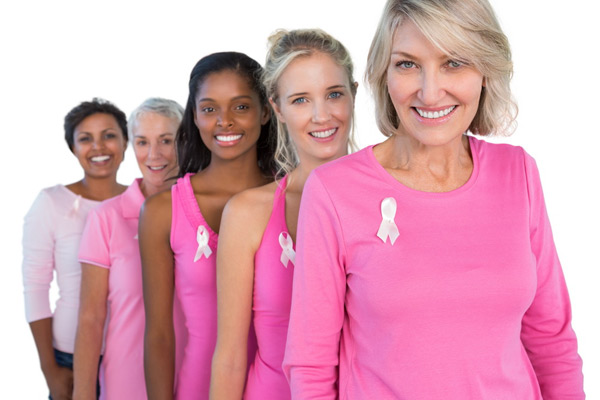
ASCO created the panel to develop assessment, screening, and treatment guidelines for medical professionals to help patients who experience fatigue after completing primary treatment.The panel analyzed several national guidelines from the United States and Canada, and reviewed published studies about cancer-related fatigue to create the new guidelines.
The panel recommends that all health care professions regularly screen and measure fatigue and other associated problems in cancer patients through health history, physical examinations, and laboratory analysis.It is important for all patients to be educated about fatigue and its associated medical problems.
Fatigue in cancer patients after treatment can arise from other problems, such as depression, pain, anxiety, nutritional deficits, medications, or emotional distress.The panel recommends that all contributing factors should be identified and treated before the symptoms of fatigue are addressed.
There are a number of treatment and care options for patients experiencing continued fatigue. “Studies show that initiating or maintaining adequate levels of physical activity can reduce cancer-related fatigue in post-treatment patients.Physicians should actively encourage all patients to engage in a moderate level of physical activity after cancer treatment, dependent on risk of injury,” said Jacobsen.
Behavioral and psychoeducational therapies have also been reported to reduce fatigue in cancer patients. The panel recommends that patients interested in these options be referred to psychosocial service providers who specialize in cancer.Some studies also suggest that yoga, acupuncture and mindfulness-based approaches may also be beneficial.
The panel does not recommend medication to alleviate fatigue in cancer patients after treatment. While some data suggest that medication can help patients suffering from fatigue who have advanced disease or are receiving cancer treatment, there is insufficient evidence that these medications relieve fatigue in patients after treatment. The new guidelines appeared in the April 14, 2015 issue of the Journal of Clinical Oncology.